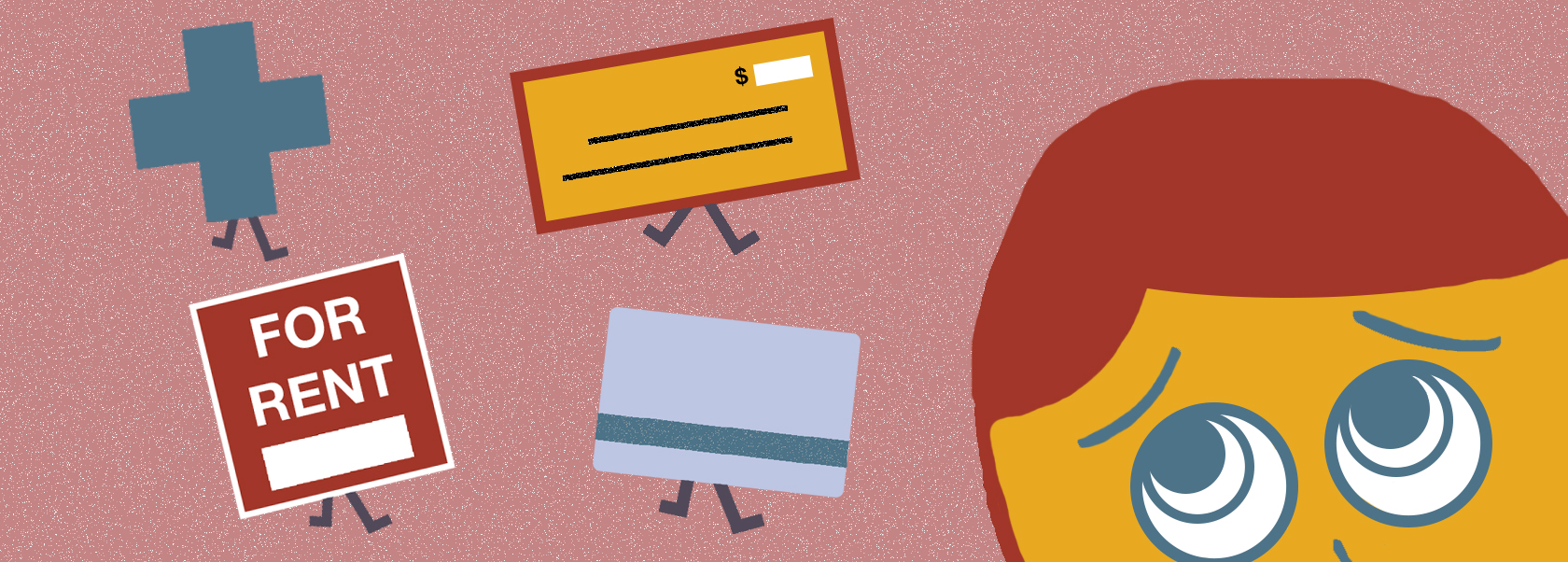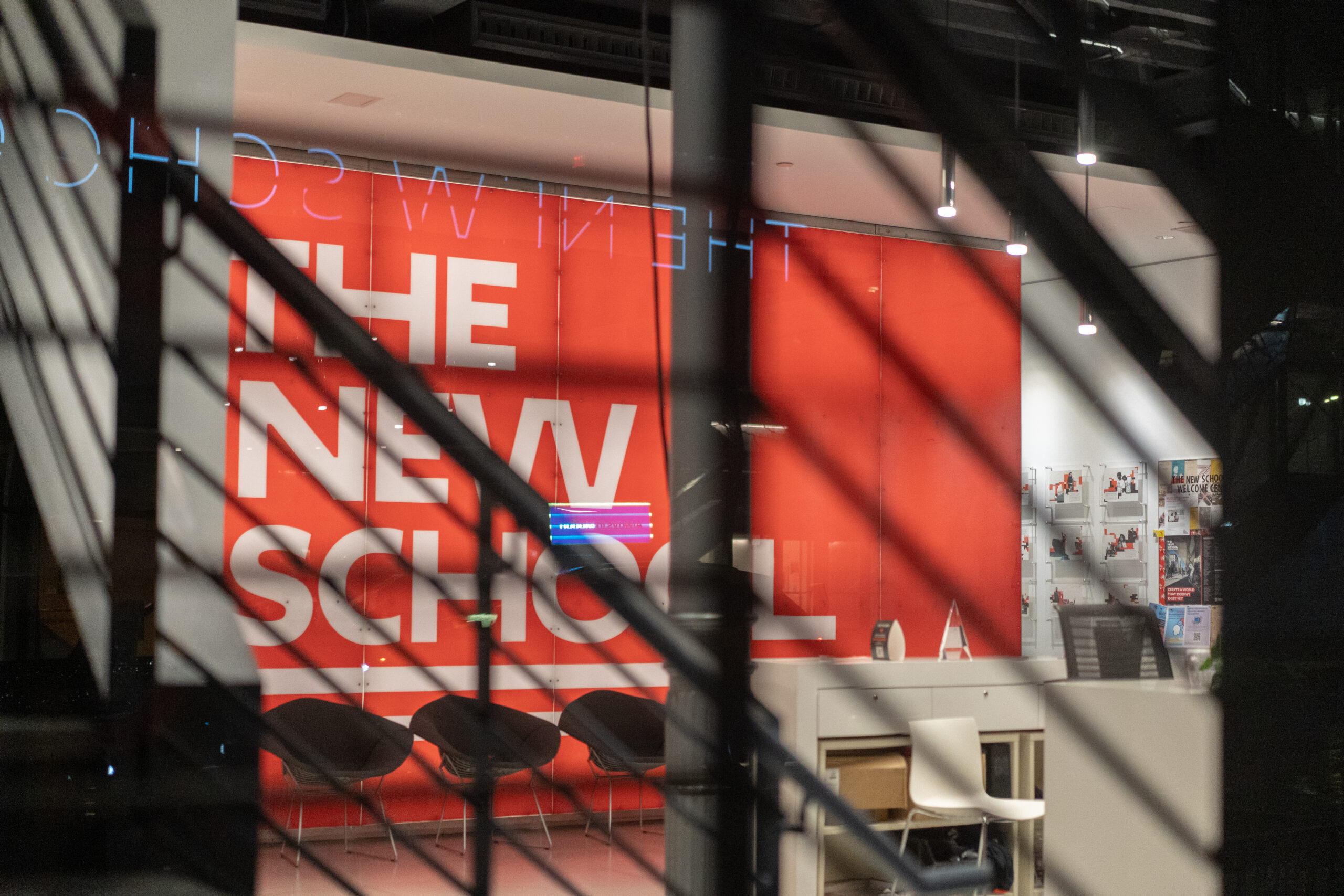Resumes 101
We spent time researching websites that gave great resume advice so you wouldn’t have to. Theinterviewguys.com allows you to navigate through the parts that do or do not pertain to you. They also provide resume templates and examples!
Here’s the gist:
- 1 page ONLY. Font size 10-12 (Times, Garamond, Sans Serif, Helvetica, Cut the Comic Sans)
- Experience, beginning with the most recent. Followed by accomplishments and skills. Also highlight your skills (if you can code, let them know!)
- Include experience that relates to the position, or state experience that isn’t exactly relevant but that showcases suitable qualities for the position. For example, if you’re applying for a receptionist job but worked in retail, list your retail job. You can say you have great interpersonal skills because you constantly interacted with customers
- Don’t overuse bulletpoints within one section. If you have 7 bullet points about ONE job position, eliminate some points so it’s not an overkill
- Be professional, transparent in your words, and clear! You’ve only got a small window of opportunity to make an indelible impression, so make it count!
Interviews are also important during the job hunting process. Arrive 5-10 minutes early, please leave your ironed jeans in the closet and opt for something more business casual. Make eye contact and come prepared with a firm handshake (no dead fish, okay?). Also research questions that employer might ask and ask them questions at the end as well to keep them on their toes. You could ask, “What’s the work culture like here?”
Here’s your resume cheat sheet. Still want more tips? Check out Buzzfeed’s 19 ways of “How to Adult”–the longer cheat sheet.
Check it
Even though to some millennials a checkbook seems straight from the Stone Age, it’s still important to know how to balance one–you don’t need a physical checkbook, just your bank statements. Whether you’re a shopaholic or a penny pincher, balancing your checkbook will allow you to gain a deeper understanding of your budgeting skills.
Quick rundown:
- Record your transactions (old school pen and paper or in your phone will work, especially if you tend to accidentally throw away receipts or lose them)
- Match up your transactions with your bank statements
- Numbers don’t lie, so if your personal records said you spent $54.00 at Whole Foods on Oct. 1, make sure your bank statement says the same
- If the numbers don’t match, call your bank ASAP
- Pinching your pennies isn’t a bad thing. It means you’re one step closer to dropping $116 for that monthly Metrocard and not feeling financially (or emotionally) devastated over it
Calling up your bank and politely asking them where an unknown charge came from is acceptable–who really swiped your card at CVS for $37.00? This is all about keeping track of your money and ensuring your finances go smoothly.
Here’s a step-by-step guide that won’t bore you to death about how to do it.
Charge It Then Build It
Let’s talk about the c-word: credit.
Despite the dangers that come with your charge card, such as hidden fees and high interest rates, just having credit (and building good credit) is imperative in the world of adulting. Your credit can help or hurt your chances of signing a lease, buying a car, and much more.
Brief overview:
- If you’re under 21 and wish to apply for a credit card, you need to show proof of income and in most instances, you’ll need a cosigner who is older than 21. Basically, if you don’t pay off the value of your credit card, your cosigner is responsible for it. Having a cosigner discourages youngins from racking up the credit card debt*
- Expect higher interest rates because you’re a student with a credit card. Beware: your $5.00 almond milk latte could cost you more if you don’t pay it off in time. Hidden fees like late fees + interest rate + cost of item = way more than the $5.00 you originally charged
- Most banks establish a credit limit, or you can opt to set your own limit. Again, each bank is different, but Capital One specifically sets a low credit limit for students to allow new cardholders to test the waters
- Each bank is different, so just do your research and understand which bank suits you best.
When you’re ready to make this commitment, actually read the terms and conditions and sit down with someone at the bank. They’re eager to sign you up for a credit card and they should be equally as eager to help you understand the cards penalties, realize high interest rates, and familiarize you with overdraft policies. To read more about shopping for your new card, check out Forbes “Picking a College Student’s First Credit Card.”
*According to the Credit Card Accountability, Responsibility and Disclosure (CARD) Act of 2009.
Quickly check your credit score for FREE here.
Learning (and Coping) with Loans
The New School comes with a hefty price tag. No one really reads the terms and conditions, especially when it comes to the entrance/exit loan counseling–and that’s totally fine. Here’s some info from the Federal Student Aid website (and it’s got a .gov so you know it’s real).
Four Key Terms:
- Subsidized loans: do not acquire interest while you are in school because the Department of Education pays the interest
- Unsubsidized loans: do acquire interest while you are in school. The value of the loan increases because it gains interest by day and you are responsible for paying the interest rate.
- Deferment: Freezing your loan so you don’t have to pay it off when it is due–you can request your loan to go into deferment anytime throughout the loan’s lifetime. For example, if you file for unemployment deferment, deferment will last six months (to which you can reapply once the six months are up) and cannot last more than three years. So if you have to pay your loan by Dec. 1 and you have been actively looking for work for six months but still cannot, you can request to have your loan go into deferment. But the kicker is you must qualify for it to be approved–you can request for your loan to go into deferment due to unemployment, economic hardship, or military service. Contact the Financial Aid office to request a deferment so you can send it to your loan servicer (aka, the ones who are in charge of your loan account).
- Forbearance: If you don’t qualify for deferment and you cannot afford to pay for your loans, you may be granted forbearance—this can reduce your monthly payments for up to 12 months. Discretionary forbearance can be requested if in the case of illness or a financial hardship. Mandatory forbearances are different. Read more about them here.
Familiarizing yourself with the ins and outs of loans will help you finance your education to the best of your ability. You shouldn’t have to wait until you receive your diploma to discover how much debt you may (or may not) actually be in. Depending upon your loan, Usnews.com reports that federal regulations “require a loan holder to push the next payment due date up for every multiple of the monthly payment they receive”–so paying $100 instead of $50 for your monthly payment ensures that you will be covered for two months.
Don’t be scared, but this link will give you the 411 on loans without putting you to sleep. More questions about being a loan borrower? Find your solution here.
*Cue Travis Scott* Pick Up The Phone
And call up your health insurance provider! Upon receiving your beloved diploma and your newfound freedom of real adulthood, you of course, get a cold. Yikes! It’s time to get serious before you get seriously ill.
Important info:
- Deductibles come with health insurance. According to Healthcare.gov, it’s “the amount you pay for covered health care services before your insurance plan starts to pay.” This is different from a copayment, which is the flat rate you pay the day of your doctor’s visit.
- Healthcare.gov says there’s 4 types of health insurance categories: bronze, silver, gold, and platinum
- Bronze: lowest monthly premium but it has the highest cost when you need care (i.e., serious emergencies such as illness/injury)
- Silver: moderate monthly premium and has a lower deductible than bronze
- Gold: low deductibles, high monthly premium, but low costs when you need care
- Platinum: highest monthly premium but lowest when it comes to care. This is ideal if you know you get lots of care
Picking the right health insurance plan requires some thought. Don’t just pick it because it sounds nice at first glance. Take the time out to pick what works best for you since you’re carrying the responsibility. Don’t jeopardize your health by avoiding the doctors because you don’t have insurance–not having insurance and ending up in the hospital could result in decades worth of debt, according to Caltech.edu.
You may qualify for Medicaid under certain circumstances—the link lets you apply for Medicaid too! And here’s an indepth guide to picking the right insurance for you.
Room and Board
NYC style. Getting the keys to your new pad isn’t so glamorous when you don’t fully understand the terms and conditions. Deep breaths, here’s your chance to feast on this stuff before you pay first and last months rent up front.
And so it goes:
- Rent controlled: not a condo/co-op, has 6 units, and was built before 1947 and occupied by the same family since 1971. If your great uncle has been living in a Queens apartment since 1969 and pays $300 a month for a two bedroom, you can receive the apartment so long as you’ve been living with him for at least two years
- There’s a bunch of rent stabilized places in NYC, you’ve gotta search for them. But once you find a place, make sure you sign a lease that lasts for at least a year
- When you find your place, make sure you’ve got the first two pages of last year’s tax return, two pay stubs, two bank deposits, and a copy of your photo ID
- You probably need a guarantor. Similar to a cosigner, a guarantor is someone who agrees to pay your rent if you’re unable to. Typically, you would pick a relative to be your guarantor
- A lease is your terms and agreement when it comes to your place. Your lease will indicate how much you’ll pay, length of stay, and how much you’ll be paying for rent.
- To break a lease, you may be required to pay a fee/penalty–but get the information in words so you can document it. You may also sublet your apartment, with your landlord’s permission
Written documentation is far more valid than a verbal agreement. Please make sure you don’t get a roommate from hell. Sit down with your roommate(s) to discuss the legalities of the lease you both share, and understand this massive shared responsibility before you look at swatches for your kitchen.
This is an automatic calculation of how to live on your given salary. Here’s your guide if you must break a lease, common mistakes of most renter newbies, and a how to find rent-stabilized pads in the concrete jungle.
Illo: Orlando Mendiola







